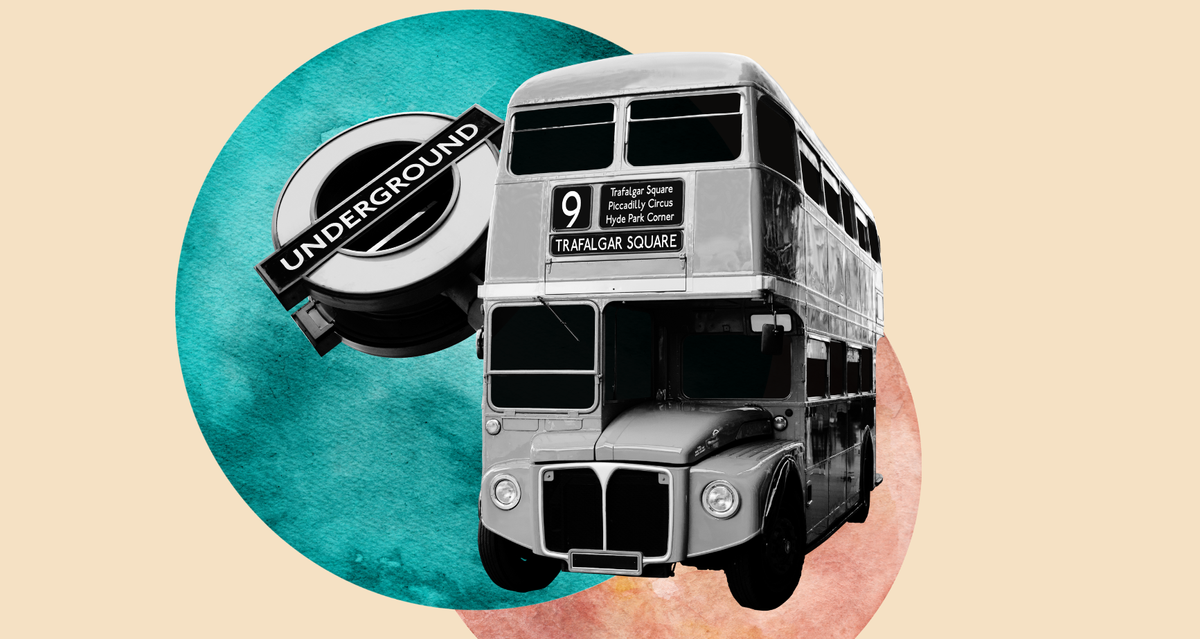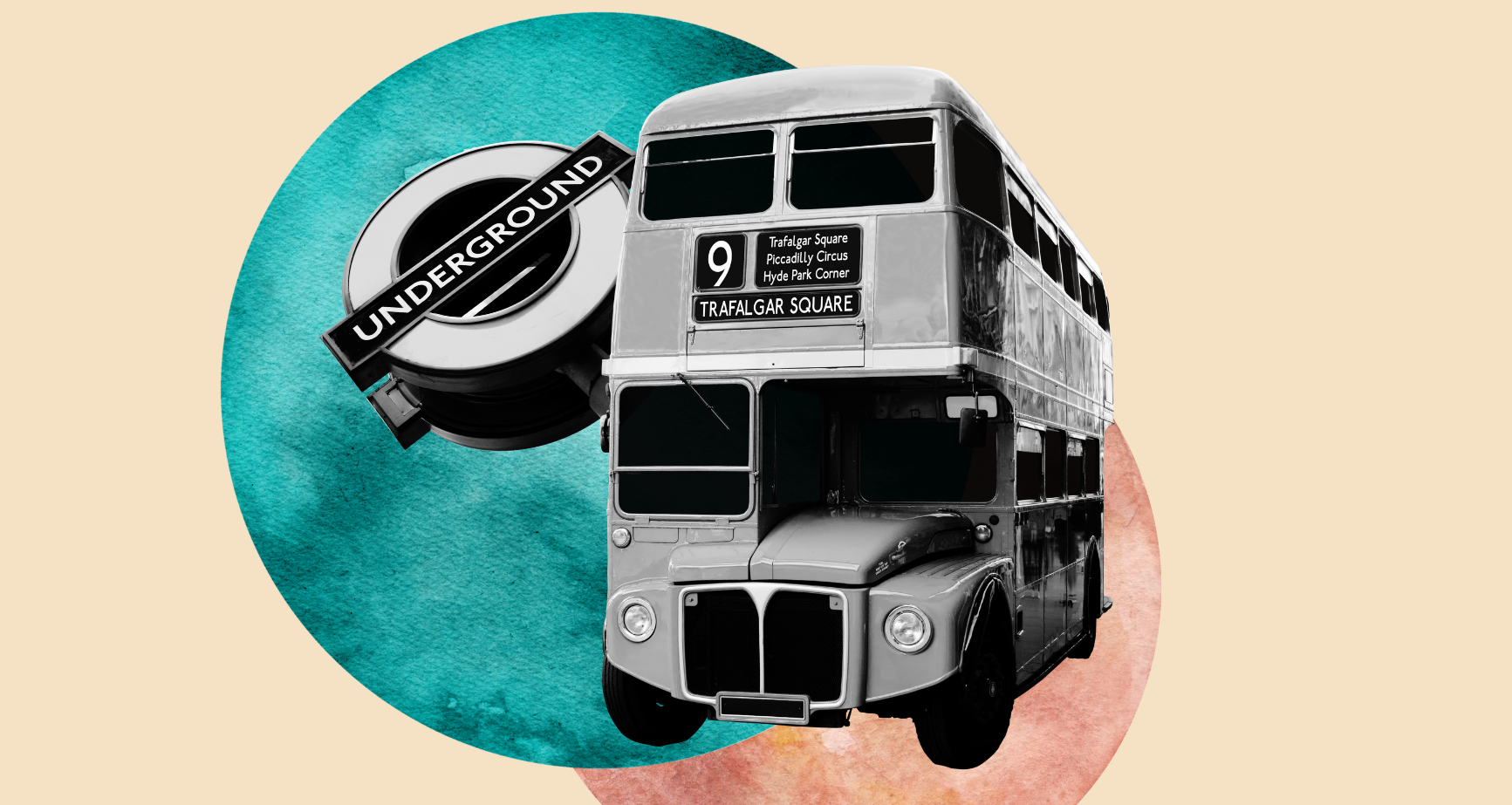Revealing Reality x PFR: helping to make London transport more accessible


Did you know that every day in London, 1.3 million journeys are made by people with disabilities? Or that 700,000 trips are taken by people aged 75 and over, according to the Greater London Authority?
Looking at the numbers, it makes sense why Transport for London tasked our client, London-based agency Revealing Reality, to help make their services more accessible, back in 2023. The client was looking for a group of participants with a variety of impairments to provide ongoing insights about their public transport usage, so our panel service was the best option for them.
The mission & objectives
People for Research accepted the task of recruiting between 40 and 50 participants, all with different accessibility needs, to join this diverse panel. The main challenge of this research was to find participants who rarely or never used public transport in London.
Over the course of one year, participants were to be sent three surveys, asking them about their experiences when travelling around London as a disabled individual. Some of these participants would then be further selected, if they were willing, to partake in additional qualitative research such as shadowing, diary tasks or one-to-one interviews.
By focusing on participants with accessibility needs, the clients wanted to specifically gather feedback on:
- mobility needs – wheelchair access, stairs usage and platform access
- information needs – written, audio and individual support
- rest needs – taking breaks, seating, using public toilets, considering length of journey
- navigation and environmental needs – noise, space and temperature
To ensure our research was as diverse as possible, we aimed to recruit a mix of genders and ethnicities with a range of occupations and household types, all living within the M25 area, with varying travel habits. We looked for individuals who did not use public transport in London and individuals who used public transport infrequently (a few times a year), as well as a few participants who were occasional users of public transport (once or twice a month).
Participants were eligible for a £65 incentive, once all three of the 15-minute surveys had been completed. To keep the panel engaged, People for Research suggested to the client also running a significant prize draw, which would include all the participants that remained in the panel and completed all the required surveys.
The PFR approach
Most of the panel members were recruited directly from our internal community of participants. However, we did go outside of our database to source some extra profiles and diversify our offering – a term we like to refer to as ‘free find’. As we suspected, finding a high number of disabled people who rarely or never used public transport in London, but were open to taking part in the project, was the biggest challenge, so we knew 'free find' would have to come into play.
Our methods of free finding included:
- We ran a separate campaign to target individuals who rarely or never used public transport in London. For this, we also amended the content included to ensure we targeted them correctly.
- We ran a referral campaign asking those who had already applied whether they knew anyone in their network who also travelled with a disability to build out our network.
- We ran a paid advertising campaign on social media targeting those who were likely to commute within the M25 public transport area.
- We set up an extra prize draw, this time for everyone that successfully applied to be in the panel.
- We made it clear in our communications that participants who were selected for this panel were also given the option to take part in further qualitative research sessions and increase their incentive.
To keep the momentum going and while we were running these 'free find' activities, we started building our panel with the suitable participants we already had. After selecting our initial batch, we sent out official invites, along with a consent form. This helped to accelerate the panel creation process, ensuring the participants who had applied at the very beginning did not lose interest because too much time had passed.
Impact and results
Out of more than 1,000 applications, we managed to deliver a diverse panel for the client composed of 49 participants with a mix of accessibility needs, including:
- 5 people with hearing impairments
- 3 people with learning impairments
- 4 people with cognitive impairments
- 16 people with neurodivergent impairments
- 27 people with physical/motor impairments
- 1 person with a visual impairment
- 28 people with hidden/other impairments
Our participants ranged from 22 to 88 years old and mostly travelled across six out of the nine London travel zones. Zone 2 captured the majority with 16 individuals travelling with an accessibility aid and Zone 6 captured the lowest with only two individuals.
When asked about assistive technology, external help and other resources, our panel members shared the following:
- 24 people used mobility aids such as a wheelchair or mobility scooter
- 3 people used hearing aids
- 8 people travelled with a ‘Please offer me a seat’ badge
- 2 v travelled with a guide dog
- 11 people had regular help from a carer or family member/friend when travelling around London
- 10 individuals travelled with other types of support
Once all our participants had been recruited and were successfully integrated into the panel, People for Research distributed three surveys to each person over the course of a year.
As you would expect for an accessibility panel, the surveys were built in a fully accessible way, which meant:
- they were screen-reader friendly
- we used plain and straightforward language
- we ensured the software used had a high compatibility and responsiveness rate across all types of devices, including laptops, tablets and smartphones
The first survey was sent out to participants in mid-August 2023 and it kicked-off a successful panel, allowing real-life London residents and users of the Transport for London services to successfully share their feedback and how public transportation could be improved to be more accessible. Over the following year, these 49 participants provided Revealing Reality and Transport for London with ongoing insights into trekking around the capital and the challenges faced when travelling with a disability or impairment.
Considering the initial challenges we faced, we are proud to say that recruiting for this research was a great success and turned into one of the most successful panels we ever managed for a client. By making it easier for the right participants to share their feedback with our clients, we have helped to make London’s public transport accessible for all.



